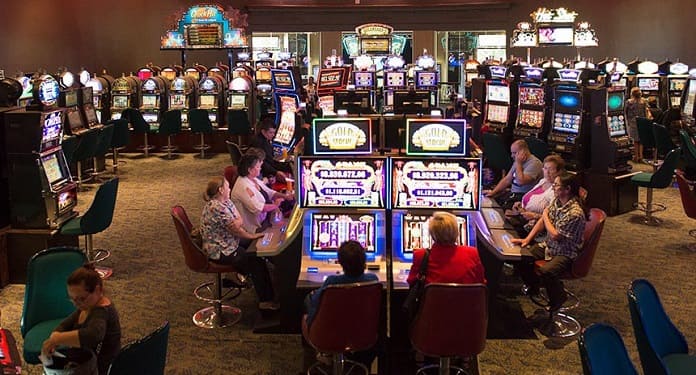The tourism sector was one of the most impacted in Brazil as a result of the pandemic in recent years. Therefore, this market is facing a restructuring process, and is still looking for options to stimulate its growth.
According to the National Confederation of Trade in Goods, Services and Tourism (CNC), in 2019 (pre-sanitary crisis period) the sector moved around BRL 238.6 billion, which shows the importance of this industry for the national GDP , and across the planet this market generated, in 2022, US$ 8.6 trillion.
Among the actions that are being analyzed to improve the development of tourism in Brazil is the construction of casinos in integrated resorts. This type of establishment tends to offer an experience for consumers that is above traditional casinos, since in addition to the gaming tables, customers will have access to a luxurious environment full of other entertainment options.
In these places, the game tables are one of the great attractions, however guests can take advantage of other attractions offered at the resort, such as shows, face-to-face tournaments, bars, restaurants, swimming pools, spas, among others.
Legislation for resort casinos is stalled in Congress
In the 1940s, casinos appeared as one of the main entertainment alternatives in some Brazilian states, such as Rio de Janeiro, Minas Gerais and São Paulo. But in 1946 such venues were banned from operating, a ban that continues to this day.
Last year, Bill 442/91 was approved in the Chamber of Deputies, which provides not only for the regulation of casinos, but also for several other modalities, such as bingo and jogo do bicho. In its text, PL 442/91 also provides that casinos will only be able to operate next to resorts and tourist complexes.
In addition, only a limited number of such establishments may be built per state. São Paulo, for example, due to its high population density, could have up to three projects of this type, while less populous states will have two or only one.
The idea is for casinos in resorts to be built in tourist regions of these states, far from large urban centers, which would accelerate economic development in the places where they operate, generating thousands of jobs, not only in the tourism sector, but also in hotels, food, transportation, among others. Thus, the State would not only benefit from the creation of jobs, but also achieve greater tax collection.
Resort casinos are some of the main attractions in cities famous for their tourism industry, such as Las Vegas. Meanwhile, Macau, a Chinese special administrative region, bases virtually its entire economy on casinos, home to the three largest establishments of its kind in all of Asia.
It is worth mentioning that several countries in South America already have casinos in integrated resorts, such as Uruguay, Argentina and Chile, and due to their proximity to Brazil, many Brazilians go to these places to enjoy their attractions.













